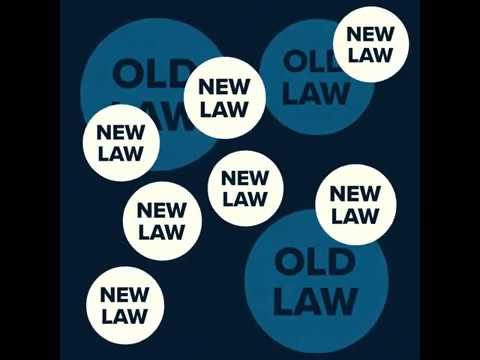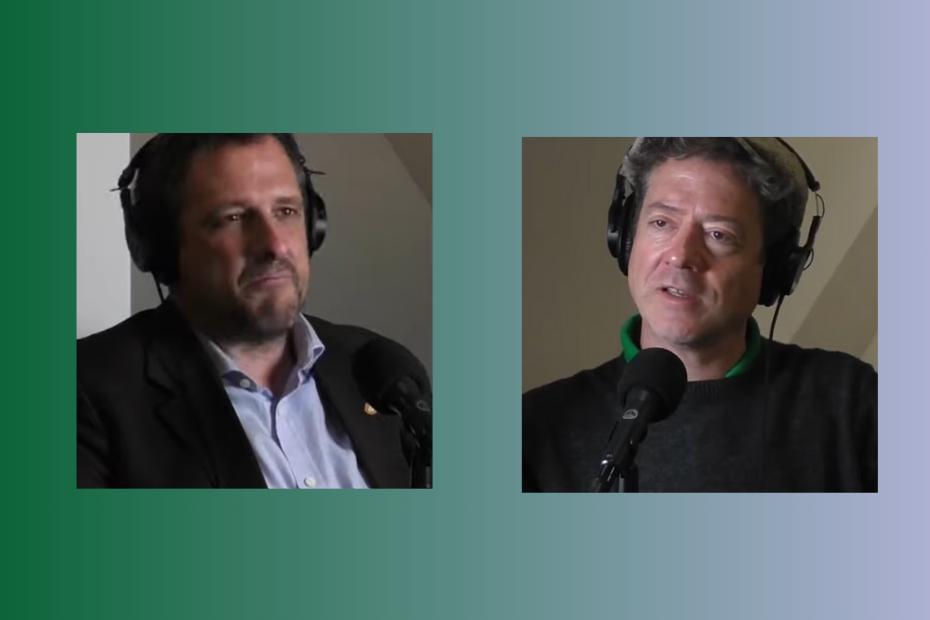Seasteading! Where do good laws come from?
The discovery of good laws is an evolutionary process. Laws must be tried out to determine which are good and should be kept and which are bad and should go away.
The challenge with old governments is that obsolete laws don’t go away as fast as new laws are created. For instance, a law that all horses on the highway must wear sleigh bells was not repealed in New Jersey until 2017.
We need legal systems to evolve as rapidly as the cultures and technologies they govern, and Seasteading is a technology to accelerate the process by which smart laws are developed and dumb laws are deleted.
Special Economic Zones are areas within existing countries that are given unique regulatory systems to increase prosperity. Think of them as legal islands created on land. There are more than 4000 around the world, including more than 250 in the US.
This “bottom-up, inside-out revolution in governance” is the greatest political revolution of our time, and most people don’t notice it, because it’s completely peaceful.
Tom W. Bell proposes a new kind of Special Economic Zone known as a SeaZone, which will take the lessons learned from land-based zones and apply them in a floating zone.
Think of a SeaZone as a greatest hits package of rules. If this unique experiment in freedom succeeds, others can copy and improve it. If it fails, others will learn from the mistake and try something new.
Seasteaders– not unwilling taxpayers– will absorb any cost of failure. But if the seastead succeeds and brings prosperity to the local community, seasteaders can return to the host country and say, “Are you happy with what we created? How about a little more autonomy?” Seasteaders call this “strategic incrementalism.”
Many coastal countries already use the power of legal innovation. Panama, for instance, hosts a half dozen Special Economic Zones, each with unique rules that allow the whole country to flourish. With access to two oceans and no hurricanes, it’s an ideal host government for SeaZones.
Seastead innovators have proposed many futuristic legal structures: blockchain governance, smart contracts, liquid democracy, futarchy, and many more.
None of these systems will be forced on anybody who doesn’t choose them, but will be tested by people who believe in them. We shouldn’t impose a new government on people who don’t choose it, and Seasteaders seek consent.
If you’d like to help accelerate the bottom-up inside-out revolution in governance that has already swept the world, go to seasteading dot org, and read “Your Next Government? From Nation States To Stateless Nations,” by Tom W. Bell.
NOTES:
Opportunity Zones in USA: https://eig.org/news/opportunity-zones-map-comes-focus
256 foreign trade zones in USA: https://blogs.sas.com/content/sastraining/2018/06/01/can-you-bypass-tariffs-with-a-foreign-trade-zone/
“U.S. foreign-trade zones (FTZs) are geographic areas declared to be outside the normal customs territory of the United States.” https://www.everycrsreport.com/reports/R42686.html
List of Foreign Trade Zones in USA: https://enforcement.trade.gov/ftzpage/letters/ftzlist-map.html
Map of Zones in US:
http://robslink.com/SAS/democd98/us_foreign_trade_zones.htm
Special thanks to Mason, Francisco Litvay, Joe McKinney, Titus Gebel, and Tom W. Bell.
Created by Joe Quirk, Jackson Sullivan, and Carly Jackson.

